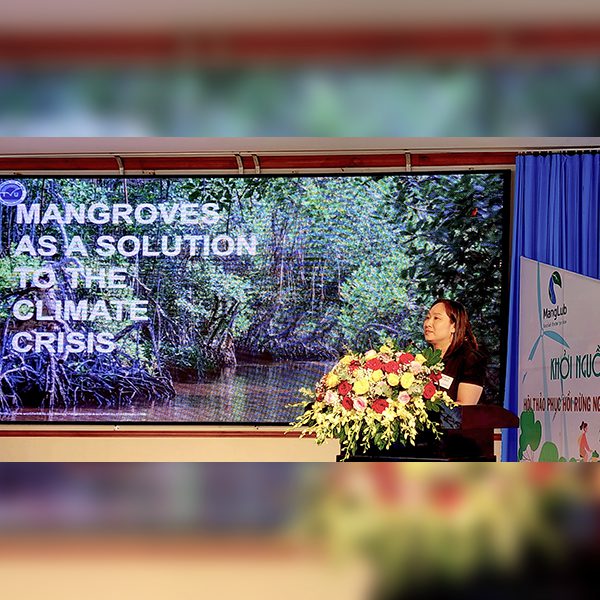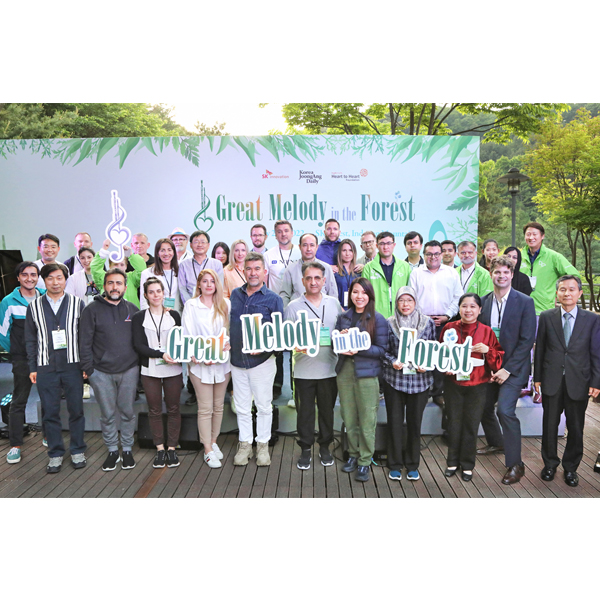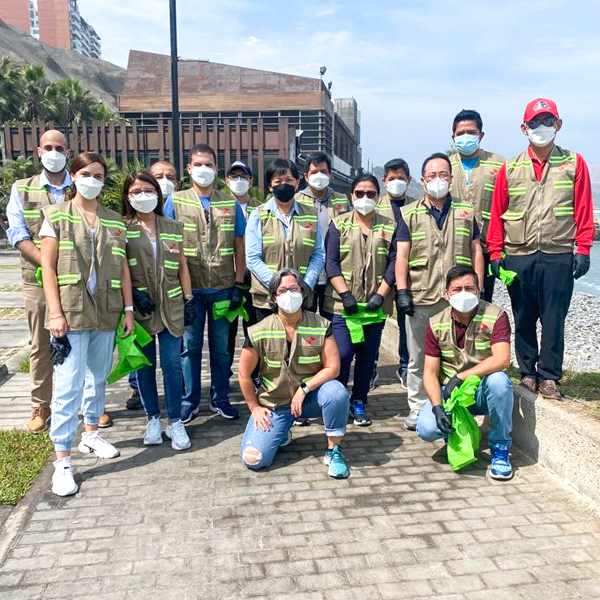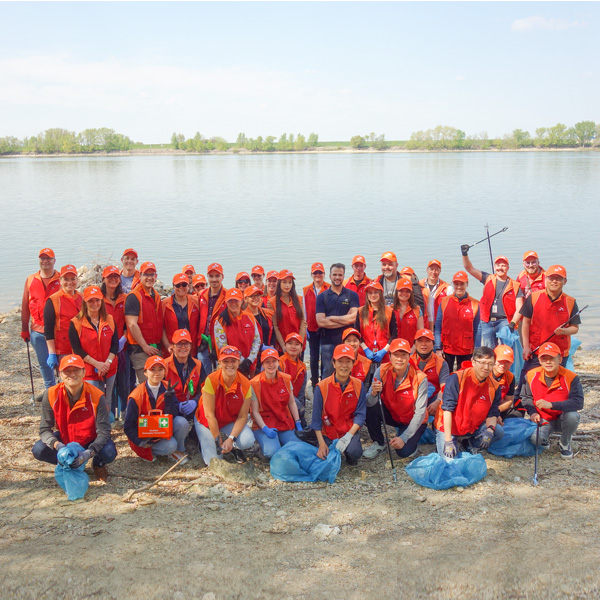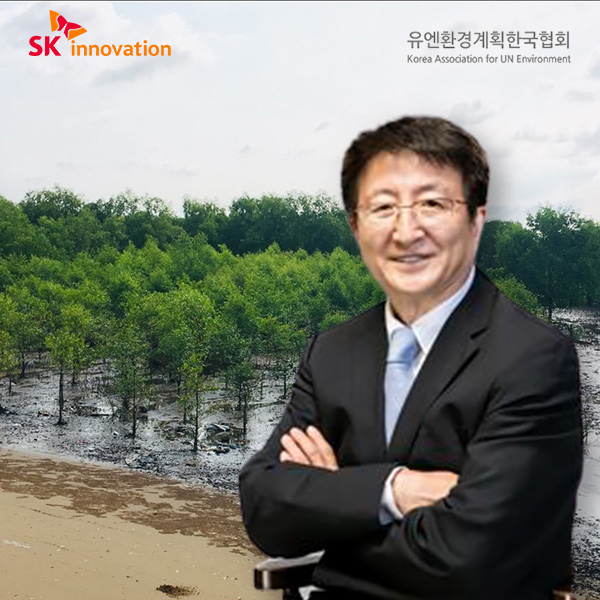 Opinions
Opinions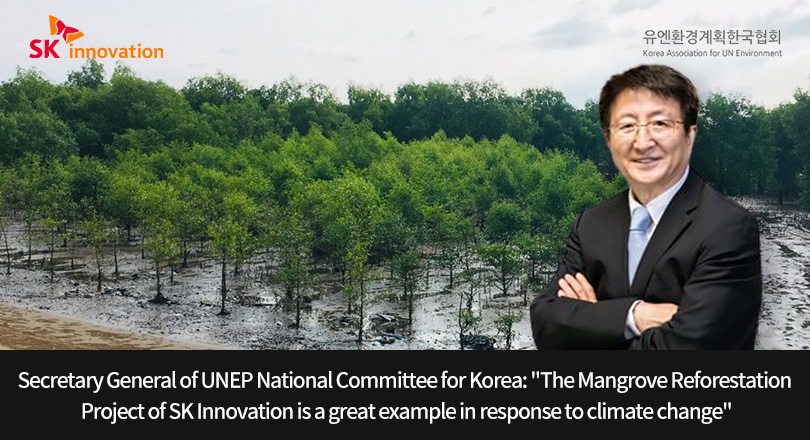
The UNEP (United Nations Environment Program) Korea has restored 40ha of mangrove forests along the coasts of Tra Vinh Province since 2018. That is about 50 times the size of a football stadium over the last two years. The thick forests of Tra Vinh, in the South of Vietnam, have been severely destroyed due to reckless development and shrimp farming activities. Being aware of this crisis, we decided to take actions by starting the Mangrove Reforestation Project, and many have joined hands with us. We also held education program regarding the value of mangroves together with the local elementary schools, universities, and residents. The meaning of this is to make the reforestation activity not simply a one-off project, but rather a effort to assure the sustainability of the Mangrove Reforestation Project through improving the local residents’ awareness of environment.
I am totally impressed with the fact that the Mangrove Reforestation Project was supported by the 1% Happiness Sharing Fund, which is voluntarily donated by SK Innovation members. Generally, CSR projects are mostly operated with certain funds organized at the corporate level, but 1% Happiness Sharing Fund is different. It is a donation program in which SK Innovation members return 1% of their monthly base salary to create social values, thus it stands out and shows the sincerity of SK Innovation towards social contributions.
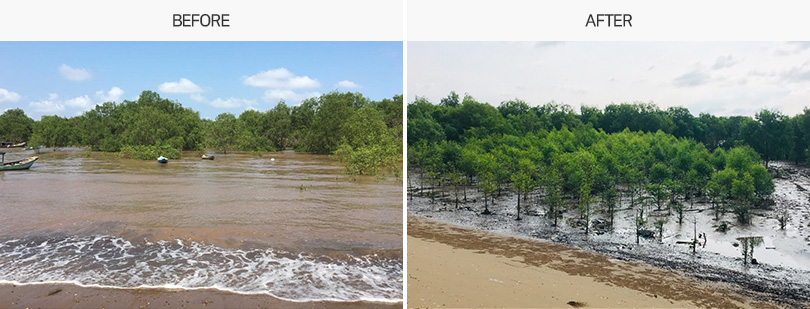
▲The mangrove planting areas in Tra Vinh before and after the reforestation
I believe that the participation of SK Innovation members in this Mangrove Reforestation Project through the ‘1% Happiness Sharing Fund’ is an excellent choice. Forest restoration is at the center of attention regarding matters related to climate change response and protection of the environment. The world-renowned journal Science also appealed to readers in its latest issue that the most effective way to store carbon is not to passively wait for natural regeneration of forests, but to engage in active reforestation efforts. The importance of forests has been long forgotten since industrialization and urbanization happened. In Korea, the ‘Tree planting day’ (or Arbor Day) was once a national holiday, but it is now just a memorial day, and the public’s interest in forest protection continues to decline. However, forest restoration has recently emerged in the international community as an essential factor for overcoming climate change. For example, the UN has been promoting forest protection and reduction of greenhouse gases in developing countries through the REDD+(*) project. Vietnam’s Mangrove Reforestation Project is also expected to serve as a great example of civil participation in the international forest sector.
(*) REDD+: Reducing emissions from deforestation and forest degradation (REDD+) is a mechanism developed by Parties to the United Nations Framework Convention on Climate Change (UNFCCC).
The COVID-19 pandemic has interrupted every aspect of our daily lives and the economy. However, the Mangrove Reforestation Project does not stop despite these circumstances. This year, we will restore an additional 30ha of mangrove forest in Tra Vinh, Vietnam. We also plan to expand the project to Myanmar with the goal of restoring a 18ha of mangrove forests in Yangon. I hope that everyone will keep showing sincere contribution and interest in the environment in which we are living, especially in response to climate change.
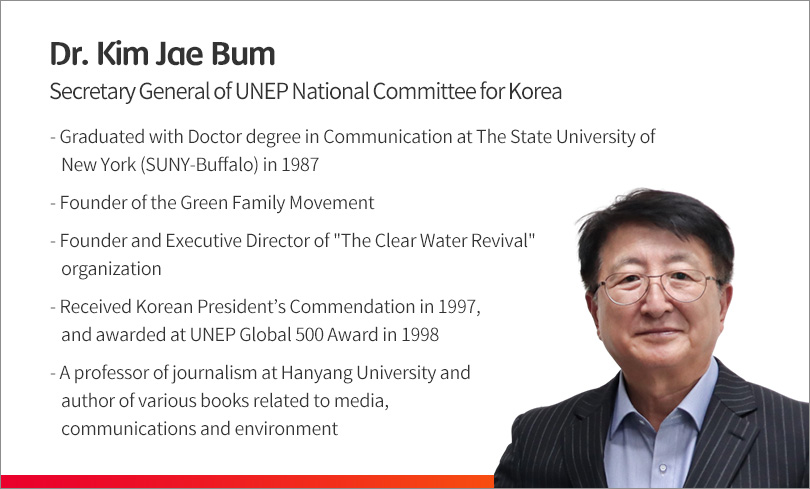










 Youtube
Youtube Facebook
Facebook Instagram
Instagram Linkedin
Linkedin









